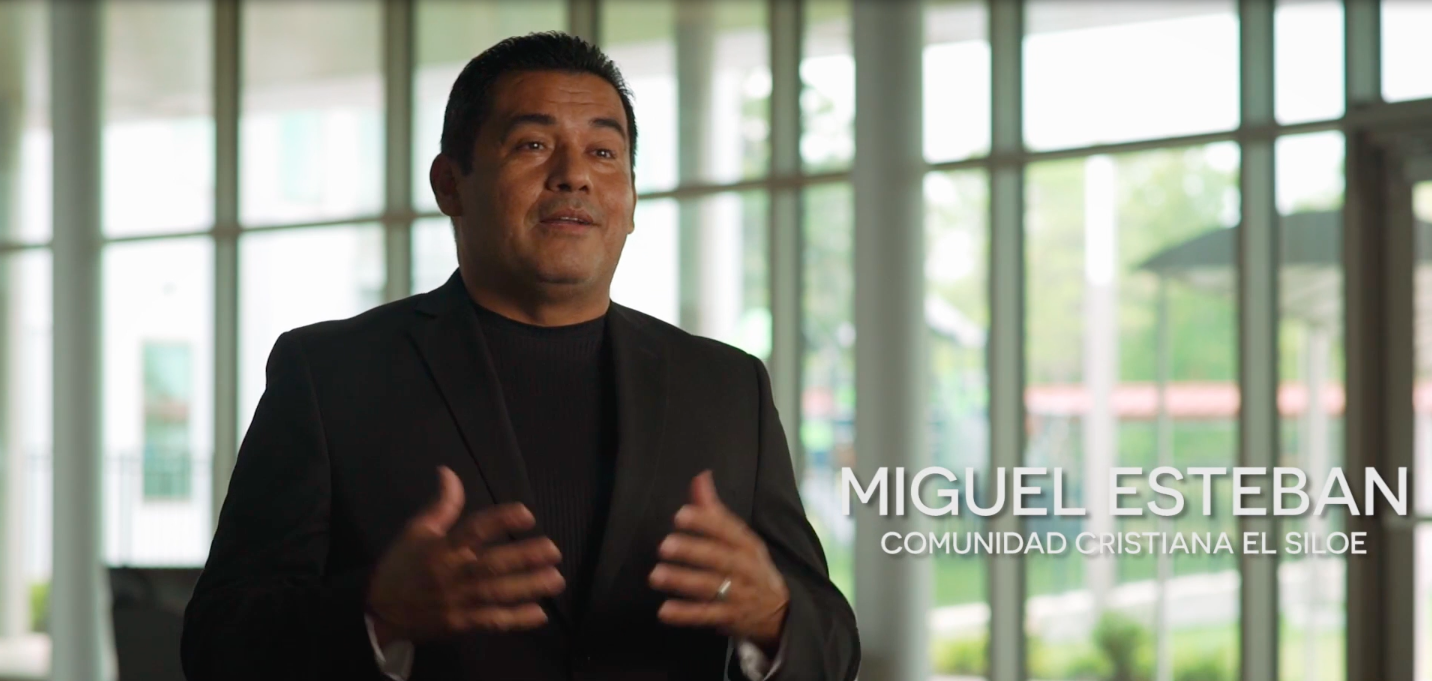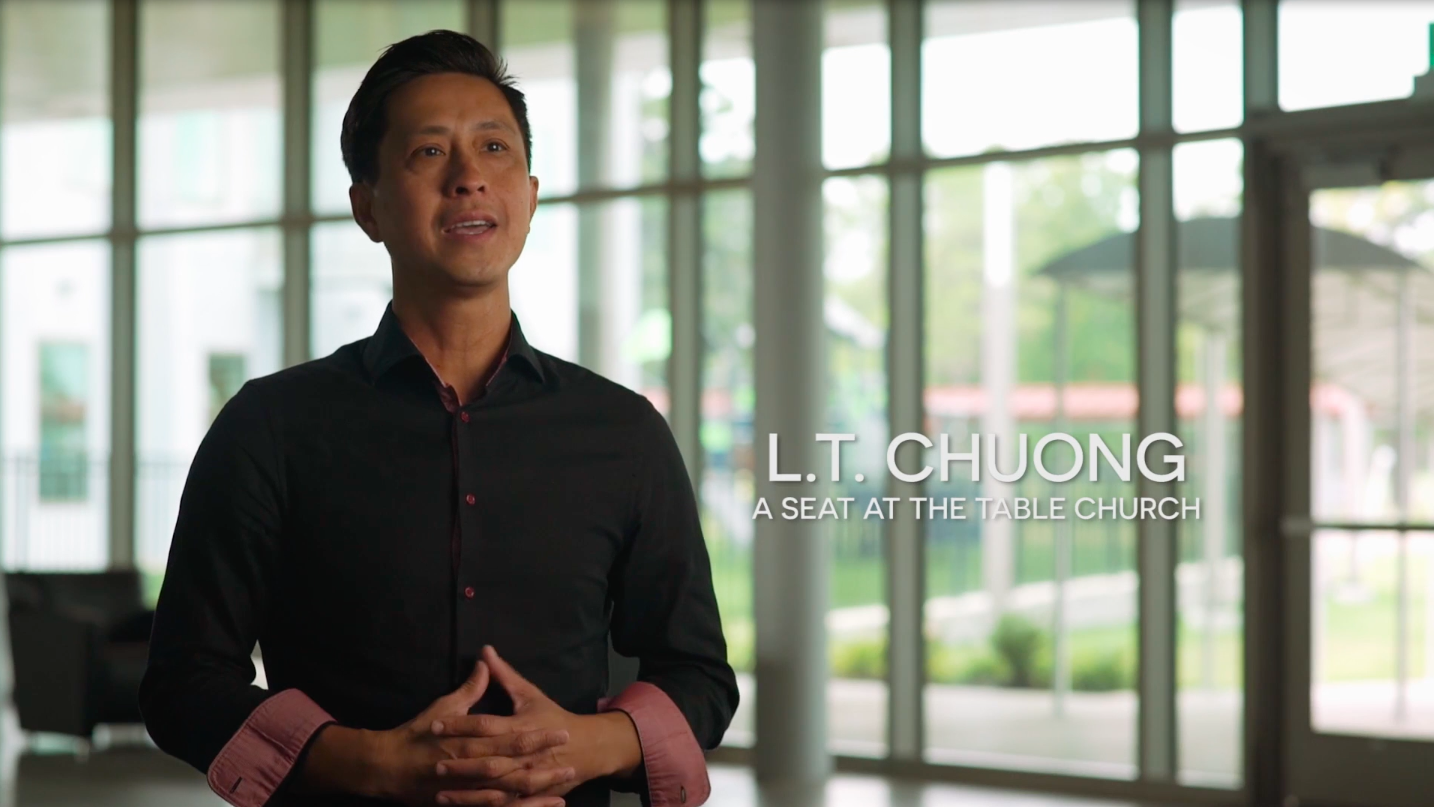Where Does Your Year Start?
I’m not someone who makes new year resolutions, but I don’t cast aspersions on those who do. It’s a perfectly natural time of the year to start new things or to bring new energy to worthwhile initiatives that could use a little spark. I see how the number of runners in the park goes up in January and then wanes throughout the year. We all do. We all get busy, and sometimes move important but not urgent things to the back burner.
However, this year, I find myself unusually motivated in January to take on some of those things consigned to the back burner. And I’m not doing it just to check things off my list—I mean who really wants to get their cholesterol checked for that reason? There is an important “why” underlying my reason for the action: because my health is important to me and my family, and I need to take health checks seriously—and I mean it this year.
What “whys” are motivating you?
Simon Says: Start With Why
I’m a big fan of Simon Sinek’s book, Start With Why: How Great Leaders Inspire Everyone to Take Action. There are a lot more academic books about leadership, and if you’re reading for a lot of bullet lists and pithy quotes, this isn’t the book for those things. But it’s a simple book with a simple yet profound truth:
“People don’t buy what you do, they buy why you do it.”
If I were to ask the people of your church, “Why do you do what you do?” I’m sure I would get a gospel-related response. But the true litmus test of the Great Commission motivation in a church is less about whether or not we make disciples as a matter of obedience—which is good.
Instead, it's more about if we're making disciples out of genuine urgency and concern that a person's life be radically transformed by the grace and mercy of their Savior—which is better. I have been challenged by this in recent months. In essence, this experience was helping me firm up my “why.”
“We believe that the world needs the gospel. We also believe churches are better at proclaiming the gospel and making disciples when they are working together, praying together, & building community with one another. ”
Why Should Churches Work Together?
I lead an organization that seeks to bring churches together, and it may surprise you to learn that I get asked why churches should work together a lot. When the question comes up, the person asking isn't looking for the Sunday school answer. They usually want to know what difference it will make in their everyday lives and why they should dedicate valuable ministry time to the effort of bringing their church into work alongside other churches.
My answer to that “why” is very direct: We believe that churches can’t accomplish their God-given tasks in isolation. The biblical reason for our answer is that a church constitutes part of the body of Christ, not the whole of it. The practical reason stems from the biblical reason.
The Great Commission wasn’t given to a particular three-mile radius around your church. It was a commission given to the church to reach the nations. If that is the goal, it’s going to take all the churches to reach all the nations. Anything less would be akin to a single muscle in the body claiming to have achieved its health goals while the rest of the body languished behind.
Why does UBA exist?
“UBA exists to strengthen, facilitate, and inspire a collaborative network of churches focused on the strategic advance of the gospel of Jesus Christ. ”
In 2019, I want to be as clear about our mission and vision as possible. Simon says to start with why, so we must ask,“why does UBA exist?”
UBA exists to strengthen, facilitate, and inspire a collaborative network of churches focused on the strategic advance of the gospel of Jesus Christ.
And why do we do that? Because we believe that the world needs the gospel, and we believe churches are better at proclaiming the gospel and making disciples when they are working together, praying together, and building community with one another. In short, churches are better together. We’re better together.
We believe churches are better together, because we’ve seen it firsthand. Has UBA been at the heart of every collaboration story in Houston? Of course not. But every time I see a pastor benefit from a friendship or mentorship with another pastor, I want that same benefit for every pastor. Every time I see a church get help with a leaky roof or seats for their 100-year-old sanctuary because of a relationship with another church, I want more. Every time I see churches rally around a need in a community or a social justice issue, I see the power of shared resources and energy. And I want more.
For over 178 years, UBA has been dedicated to the idea that we can do more together than we can apart. But it’s more than that. It’s not just what we can do, it’s why we should do it that way. The body of Christ was designed to work as a unit. We were designed to live in community and to play on teams.
I’m a proud introvert and I’m still saying: we’re better together.
Josh Ellis is Executive Director of Union Baptist Association. He has a PhD in Leadership Studies and has served on the UBA staff since 2005. With both practical and scholarly knowledge, he leads the association into innovative collaboration for the sake of strategic gospel advancement.









